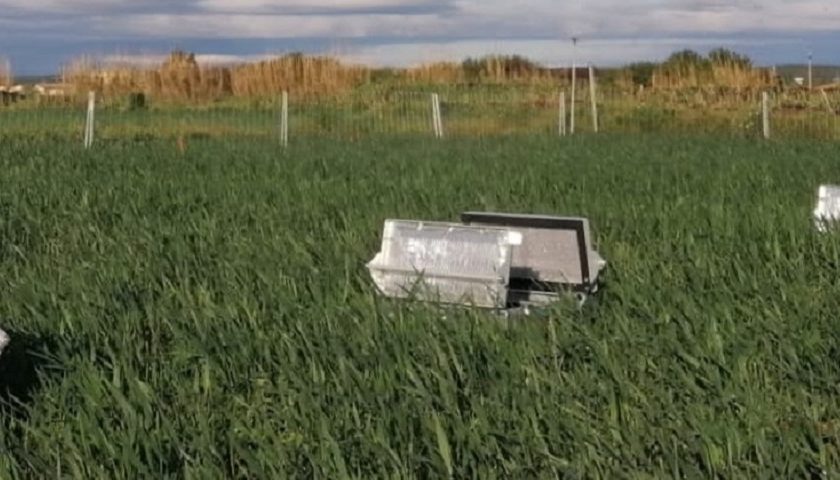High temporal frequency measurements of soil greenhouse gas emissions under irrigated Mediterranean conditions
On September 16, 2022, María Alonso-Ayuso, Juan de la Cierva postdoctoral fellow in the Department of Soil and Water of the Aula Dei Experimental Station (CSIC), presented a seminar on high temporal frequency measurements of soil greenhouse gas emissions under irrigated Mediterranean conditions. Essential issues of this methodology were presented, and system components were discussed in detail. The first results obtained during the 2022 wheat crop campaign and the post-harvest period were reported.
Agriculture is one of the sectors contributing the most to global greenhouse gas (GHG) emissions into the atmosphere. An appropriate quantification of the impact of different agricultural management practices on these emissions is essential to design effective mitigation strategies.
Compared to traditional GHG measurement systems consisting of manual sampling with static chambers and subsequent analyses using gas chromatography, continuous measurement systems with automated chambers connected to an in-situ analyzer allow a higher frequency of measurements. Therefore, continuous systems can contribute to a better understanding of the temporal dynamics of soil GHG emissions and permit to capture the emissions of unexpected events, among other advantages.
To date, the number of studies carried out with this type of automated continuous systems in Mediterranean regions is scarce. Consequently, their implementation would contribute to increasing knowledge of gas emissions in these conditions. In 2021, the Soil Management and Global Change Group (EEAD-CSIC) developed a continuous measurement system of soil GHG emissions. The system has been implemented in 2022 in a field experiment located at the EEAD-CSIC experimental farm (Zaragoza, NE Spain) in order to quantify the soil GHG emissions under different tillage and nitrogen fertilization systems in a wheat crop.

